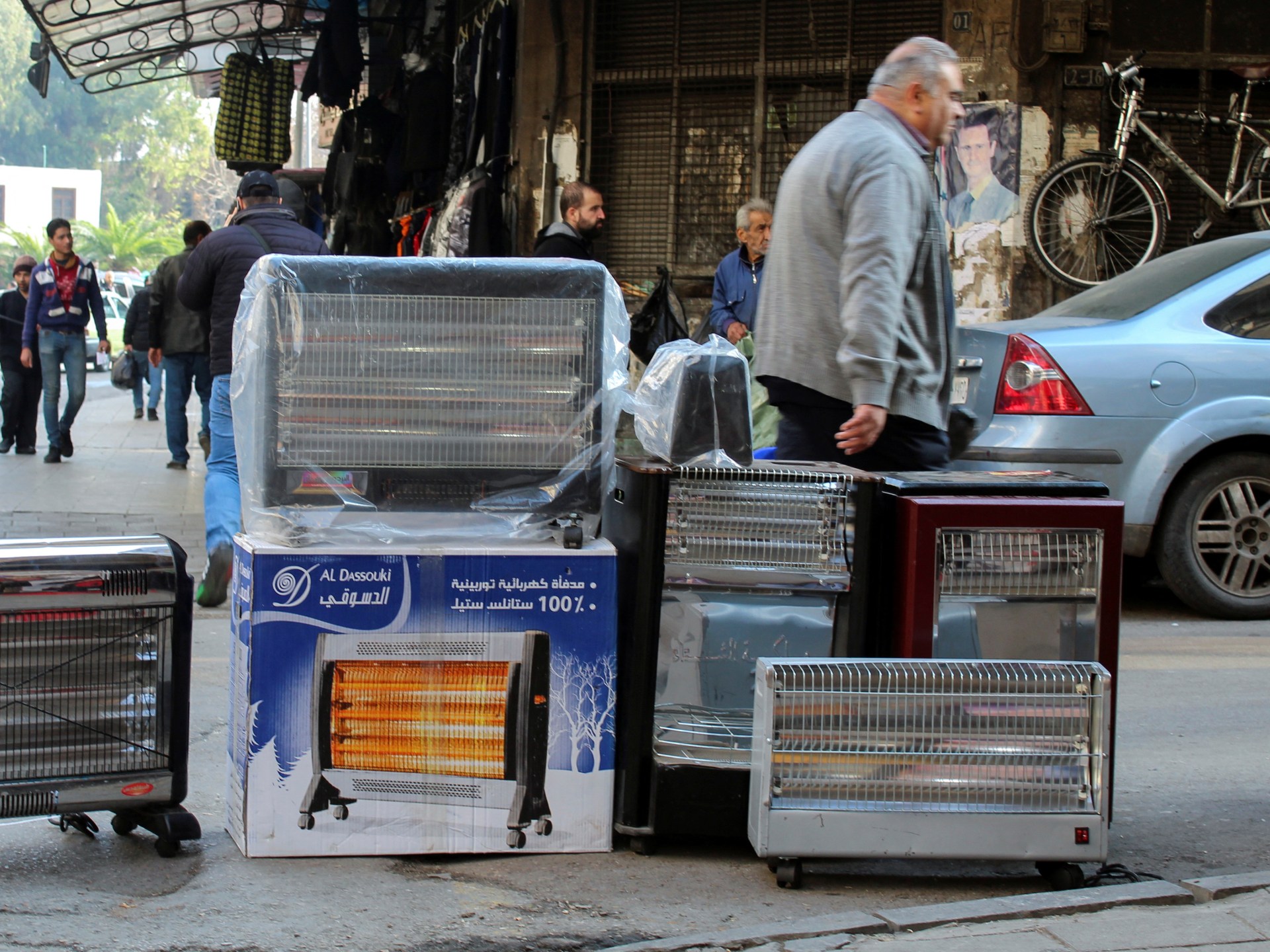For more than two weeks, the areas controlled by the Syrian regime have been witnessing a severe fuel crisis, which has resulted in a major paralysis of transportation and the cessation of many activities, industries and businesses.
The crisis coincides with winter, and an increase in the demand for fuel oil for heating, as this season passes cold for residents who struggle to obtain heating.
Indicators of fuel loss began last August, when the authorities announced a 130% hike in subsidized gasoline prices, to 2,500 pounds (about half a dollar), bringing with it the prices of other oil derivatives on the black market.
Last week, the regime of President Bashar al-Assad raised the price of diesel fuel for economic activities, and also raised the price of gasoline to about one dollar.
On Tuesday, he announced the suspension of work in public agencies (official departments) for two additional days during the next two weeks, due to the fuel crisis.
And on Wednesday, the Football and Basketball Associations announced the cessation of all their sporting activities for all grades and age groups, as a result of the acute fuel crisis.
The exit of most of the oil fields from the control of the regime, about 8 years ago, and the use of a large part of the stock of oil derivatives in military operations against Assad's opponents, led to the emptying of fuel stocks, which prompted the government to rely on external suppliers to secure oil derivatives.
Regime-controlled areas have witnessed similar fuel crises with less intensity during the past years, which Iran helped in part by sending derivatives by sea to Syrian ports.
Life almost stopped
Sources from regime-controlled areas reported that "life has almost stopped in the streets, and flights between the provinces have almost completely stopped due to the lack of diesel fuel."
She explained that the vast majority of citizens are unable to secure heating diesel, due to the decrease in subsidized diesel allocations from 200 liters per family to 100 liters annually, and the price of diesel on the black market has increased to more than 5 thousand pounds per liter (about one dollar), if any, in When the average monthly salary ranges from 20 to 35 dollars.
The loss of diesel fuel prompted citizens to resort to alternative methods of heating, including firewood, pistachio shells, and other unhealthy and dangerous means.
The sources pointed out that there are no indications of the availability of fuel in the foreseeable future, and that the Syrian government has not announced any plan or timing for the return of fuel to the market, which constituted a state of despair among citizens.
She also mentioned that many students can no longer go to their schools and universities due to the lack of transportation, and many businesses have stopped, which contributed to the deterioration of the citizen's economic situation more than before.

